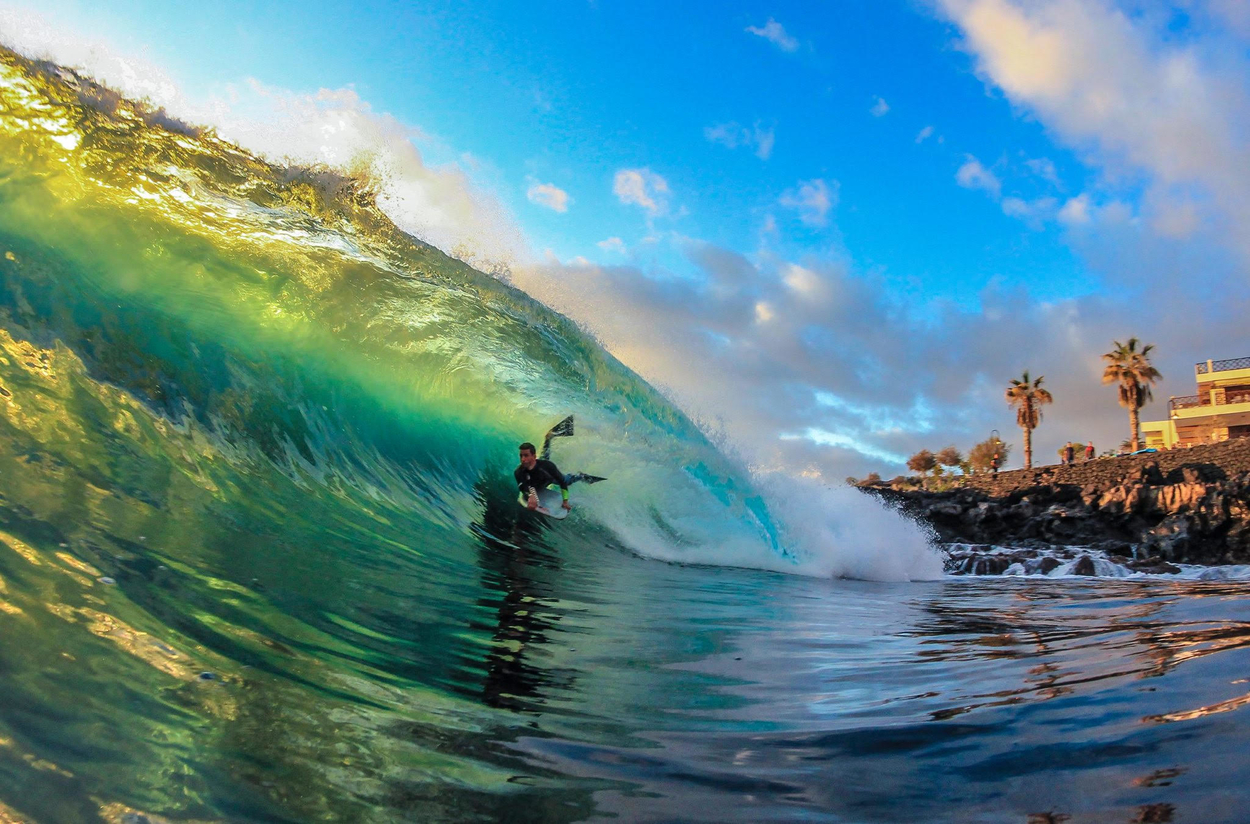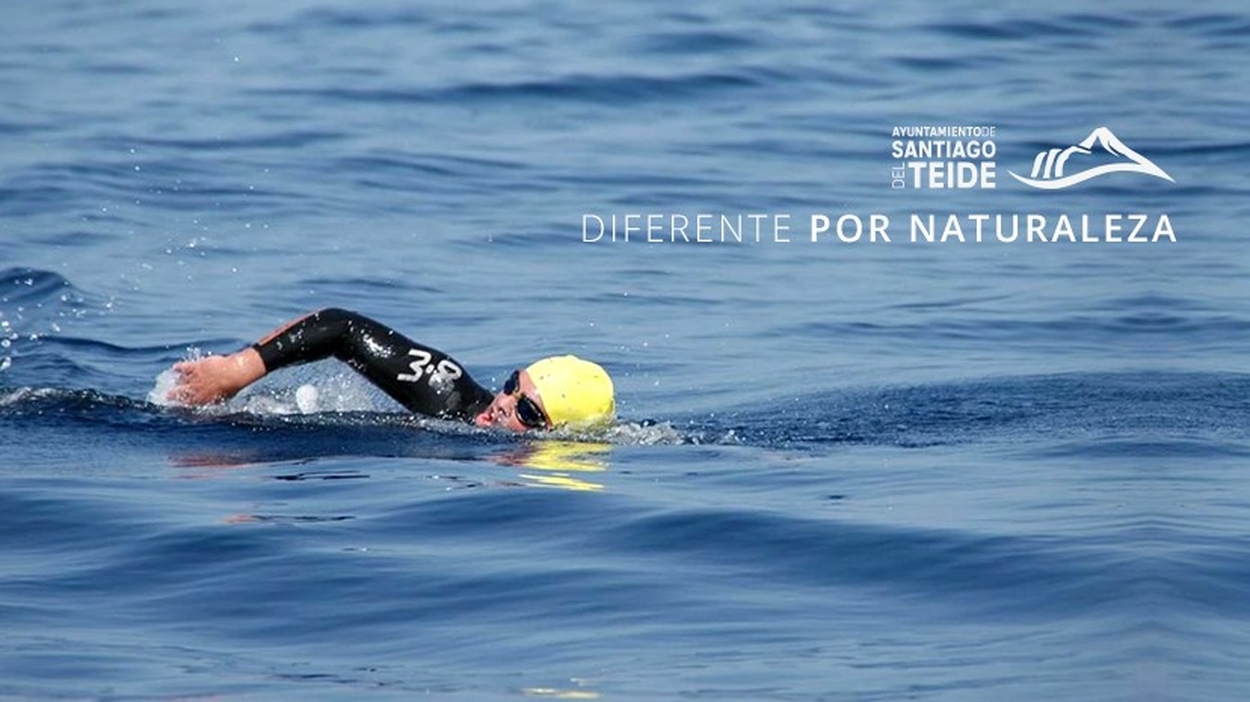To truly understand it, we need to continue investigating the full spectrum of issues our bodies actually deal with, without defaulting to long-held but untrue assumptions. Shockingly, the science is unequivocal and clear – and has been so for decades. Alcohol does not create the effects of dehydration, electrolyte imbalance, and vitamin deficiency that we grew up believing it did.
Added sugar creates extra acid, which makes it harder for your body to store water. Salty foods, like chips and other snacks, are also risky when it comes to staying hydrated. If you have a full stomach, it can essentially slow down the absorption of alcohol. Dehydration contributes to hangovers but is just a piece of the puzzle. Together, ethanol and acetaldehyde cause a tangle of issues your body has to deal with when you drink. As I said before, the issues I listed are not comprehensive, but they paint a pretty good picture.
Does alcohol dehydrate you?
Signs of chronic dehydration that a doctor will look for include a concentrated blood volume, abnormal electrolyte levels, and reduced kidney function over time. Dehydration is the term for your body’s reaction when you don’t drink enough water, resulting in a fluid deficiency. Chronic dehydration is a condition dextromethorphan abuse when dehydration recurs for longer periods, sometimes regardless of how much fluid you take in on a particular day. Excessive urination from drinking alcohol causes your body to lose electrolytes, which are important minerals involved in many bodily functions, including nervous system function (4).
The amount of alcohol you consume will influence the symptoms you experience. You’re likely to urinate 100 mL more for every standard drink you consume (10 mL of alcohol). If you binge drink, you’ll likely lose 500 to 1,000 mL of fluids, causing dehydration. Even though alcohol-induced dehydration is not the core problem we grew up believing it to be, that does not mean you should stop “hydrating” while drinking alcohol. Perhaps you dehydrated yourself while exercising or spending all day in the hot sun. One complication of alcoholic ketoacidosis is alcohol withdrawal.
To get the energy you need, your body will start to burn fat. According to the CDC, heavy drinking equates to more than three drinks per day or eight drinks per week for females and more than four drinks per day or 15 drinks per week for males. According to the CDC, drinking alcohol in moderation is safe for most people. A moderate amount equates to one glass of alcohol or less per day for females and two glasses of alcohol or less per day for males. Consuming alcohol carries other health risks besides dehydration.
Someone can become dehydrated if they lose as little as 3% of their body weight from lack of water intake. The Third National Health and Nutrition Examination Survey based its adequate intake for total water intake on a combination of drinking water, beverages, and food. If you don’t feel better from drinking plain water, try adding an electrolyte mix to water salt loading for bromine detox why iodine can change the world or drinking a low-sugar sports drink that contains electrolytes. Alcohol dehydration occurs because alcohol causes you to lose too much fluid from your body. Once you consume alcohol, it’s already in your body and must be removed by the liver. The liver processes 3/4th of an ounce of alcohol per hour, and drinking water will not make it happen faster.
Alcohol’s components are flushed from the body
Your doctor may also admit you to the intensive care unit (ICU) if you require ongoing care. The length of your hospital stay depends on the severity of the alcoholic ketoacidosis. It also depends on how long it takes to get your body regulated and out of danger. If you have any additional complications during treatment, this will also affect the length of your hospital stay. People who drink large quantities of alcohol may not eat regularly. Not eating enough or vomiting can lead to periods of starvation.
However, alcohol’s dehydrating effects will be somewhat reduced in some of the “lighter” alcoholic drinks. But leave the rehydration aids and electrolyte powders at the door; they’re not doing anything for you. However, continuing to drink alcohol after that initial drink does not cause any more urine output than continuing to drink water.
- If your dehydration is severe enough that it requires hospitalization, or if it’s accompanied by heatstroke, it may take a day or two before you can be released from the hospital.
- When you have chronic dehydration, drinking plain water is sometimes not enough to restore your body’s electrolyte balance.
- This measures your skin’s elasticity, indicating if your fluid levels are healthy.
- It’s best to drink while eating or just after, and to snack as you continue to drink.
- In an otherwise healthy person, drinking water throughout the day and when thirsty usually keeps hydration levels up.
Once the emergency stage of dehydration has passed, your doctor will continue to monitor your recovery. You’ll need to follow treatment guidelines for at least the next few weeks while your doctor monitors your temperature, urine volume, and electrolytes. Recovery time for dehydration depends on the underlying cause and may also depend on how long you’ve been dehydrated. If your dehydration is severe enough that it requires hospitalization, or if it’s accompanied by heatstroke, it may take a day or two before you can be released from the hospital. Your long-term care will be geared toward preventing future dehydration. This will depend on what’s causing your dehydration in the first place.
Ways to Stay Hydrated While Drinking Alcohol
While hangover symptoms may remain, be sure to drink water to help speed your recovery. If you have symptoms of alcoholic ketoacidosis, your doctor will perform a physical examination. They will also ask about your health history and alcohol consumption. If your doctor suspects that you’ve developed this condition, they may order additional tests to rule out other possible conditions. After these test results are in, they can confirm the diagnosis.
Low daily water intake can cause constipation, lack of focus, and tiredness. These symptoms can negatively impact a person’s daily life. Dehydration can occur when a person loses excessive water and does not take enough in to replace it. Causes include acute vomiting and diarrhea, heat exposure, prolonged vigorous exercise, and some conditions and medications. If you’re chronically dehydrated, you can develop other health conditions. Symptoms such as nausea, headaches, dizziness, and muscle cramping may continue or worsen as your dehydration progresses.
No matter what you choose to drink, drinking slowly and savoring your drink is a good way to moderate your total alcohol consumption and minimize alcohol’s dehydrating effects. If you are experiencing dry 15 things i’ve learned being the only sober person in the room mouth or skin, headaches, muscle cramps, or dark-colored urine, these are signs of dehydration. You can reverse dehydration by taking in more fluids, but some people may be at risk of complications.
It may have been more acute than chronic and due to a reversible condition with a straightforward, identifiable cause. However, if your dehydration is more severe or prolonged, you may have an underlying illness. This could require close treatment or monitoring for a longer period of time even after your dehydration improves.
What are the symptoms of alcoholic ketoacidosis?
Water is flushed out much faster than alcohol is processed. This can increase your BAC significantly if you don’t replenish your body’s supply with a few sips of water as you drink. Your body’s metabolism can turn some components of alcohol into nutrients and energy.


